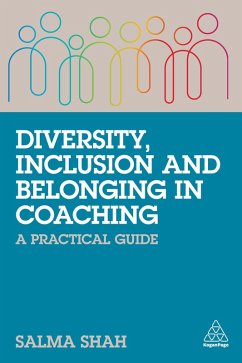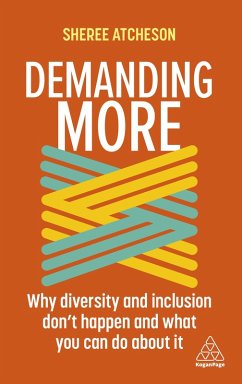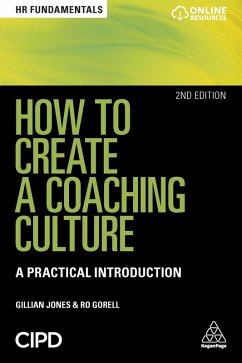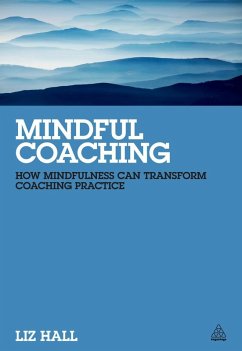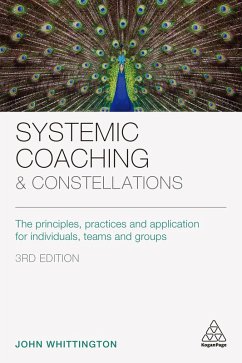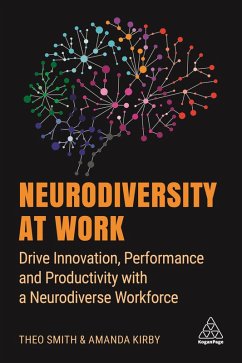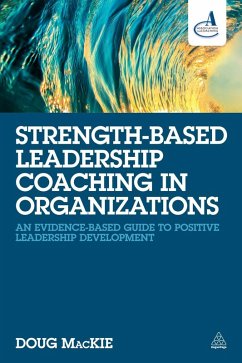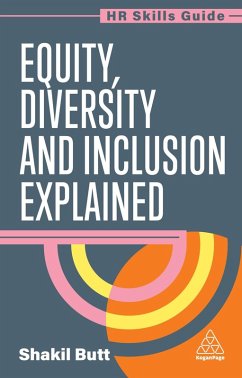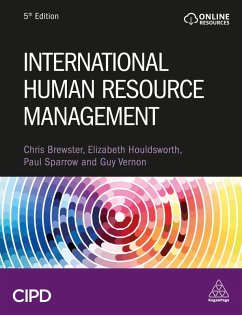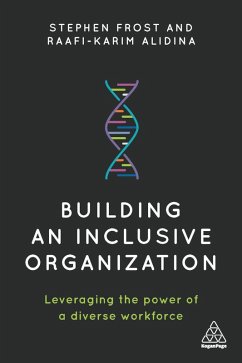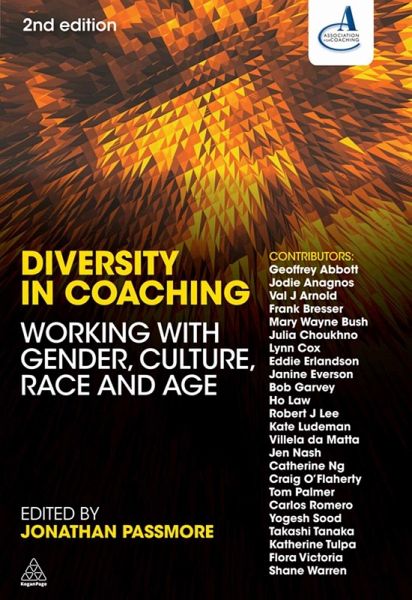
Diversity in Coaching (eBook, ePUB)
Working with Gender, Culture, Race and Age
Redaktion: Passmore, Jonathan
Versandkostenfrei!
Sofort per Download lieferbar
29,95 €
inkl. MwSt.
Weitere Ausgaben:

PAYBACK Punkte
15 °P sammeln!
Published with the Association for Coaching, Diversity in Coaching explores the impact and implication of difference in coaching. The book looks at how coaches can respond to issues of gender, generational, cultural, national and racial difference. Understanding how diversity impacts upon coaching is a crucial element to coaching effectively in today's diverse society and can give coaches the edge when responding to their coachees need.Written by an international team of coaching professionals, the book provides guidance on understanding diversity and how coaches can adapt coaching styles and ...
Published with the Association for Coaching, Diversity in Coaching explores the impact and implication of difference in coaching. The book looks at how coaches can respond to issues of gender, generational, cultural, national and racial difference. Understanding how diversity impacts upon coaching is a crucial element to coaching effectively in today's diverse society and can give coaches the edge when responding to their coachees need.
Written by an international team of coaching professionals, the book provides guidance on understanding diversity and how coaches can adapt coaching styles and techniques to meet individual needs, local demands and cultural preferences.It explores the impact and implication of difference in coaching, providing practical information to help coaches respond effectively to issues of diversity.
Written by an international team of coaching professionals, the book provides guidance on understanding diversity and how coaches can adapt coaching styles and techniques to meet individual needs, local demands and cultural preferences.It explores the impact and implication of difference in coaching, providing practical information to help coaches respond effectively to issues of diversity.




